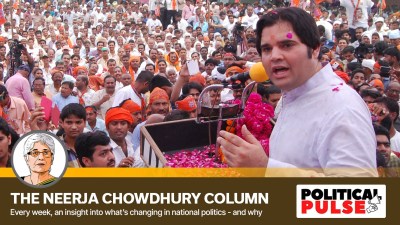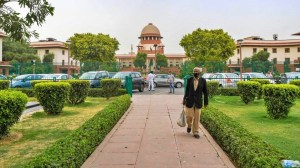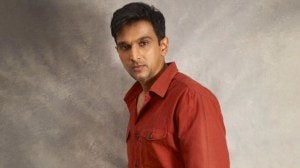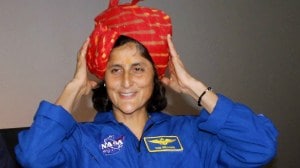- India
- International
How modern Indian matchmakers find partners for the young and the rich
With a little help from biodatas, counsellors and the alignment of stars.
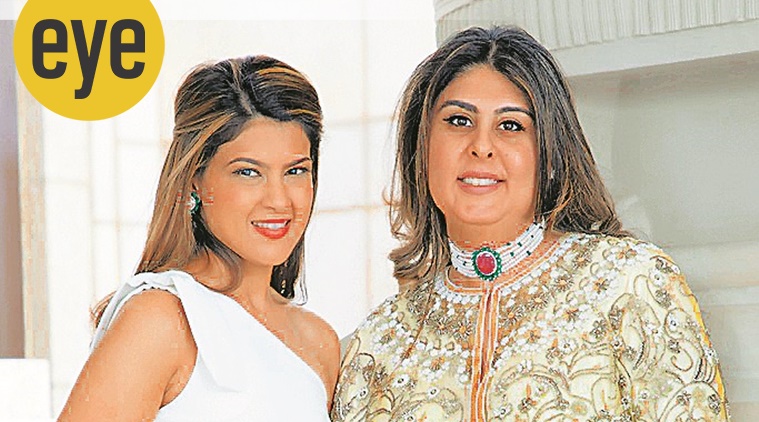 Samiksha Chopra and Sonali Kapur run The Perfect Match.
Samiksha Chopra and Sonali Kapur run The Perfect Match.
In 2018, when the 30-year-old scion of a big real-estate firm returned to Ahmedabad after completing his education in the US, he didn’t have much of a social circle. So, when the question of marriage came up, he didn’t know whom to reach out to. “I had left for the US right after school and had very few friends in Ahmedabad through whom I could meet a prospective partner,” he says.
In stepped Saurabh Goswami and Ultra Rich Match — “matchmaker for millionaires across the globe”. With its reach across seven countries, 14 states in India, and offices in New York and London, apart from its headquarters in Ahmedabad, the firm has been helping affluent Indians find that “special someone” for nearly a decade now. “We have matched 280 couples so far and there has not been a single divorce,” says Goswami, 36. With his team of relationship managers, counsellors, photographers, chartered accountants and a sophisticated software that helps sort out matches based on location, community, age and height, among other filters, Goswami found a life partner for the 30-year-old that checked all the boxes. “It is a very niche service, very personalised, unlike online matchmaking portals. I met a lot of people and my family stepped in only when I was sure. I wanted someone compatible, caste and looks were secondary,” he says.
Read| The evolution of marriage, from strictly arranged to semi-arranged
Last year, he married a woman who belongs to the Patel community like him, “understood his family”, had a good education, and “complemented” his life. “I know what people might think of arranged marriages. But I dated my wife for a year before the wedding. Things are not like they used to be 20 years ago,” he says. With arranged matches reportedly accounting for 90 per cent of the marriages in India, services like that of Goswami’s are the modern-day equivalent of the family elder, the community priest and the neighbourhood aunty, who once matched “fair and tall” brides with “well-settled” grooms. They run background checks, match horoscopes, caste and family wealth, and even discuss prickly subjects like dowry.
Many of these stages of Indian matchmaking and the misogyny, casteism and sexism that they sometimes reveal recently found a global audience through an eight-part series on Netflix. Indian Matchmaking features globe-trotting matchmaker Sima Taparia who helps find a suitable boy or girl for singles in India and America, often using the services of a face-reader, an astrologer and a counsellor to guide some of her “negative” clients, an adjective mostly used for independent women who don’t want to settle for Sima “aunty’s” options. The show was panned as regressive, but does it hold a mirror to the modern matchmaker?

Goswami, whose firm was also approached for the series, says “client is god, your bread and butter” and terming them “ziddi (stubborn)” or “negative”, like Taparia does on the show, is unthinkable. “It’s not a correct portrayal. The entire matchmaking business is geared towards finding the right spouse for the client’s personality type, whatever it may be,” he says. An MBA, he started the service after struggling to find a partner for himself.
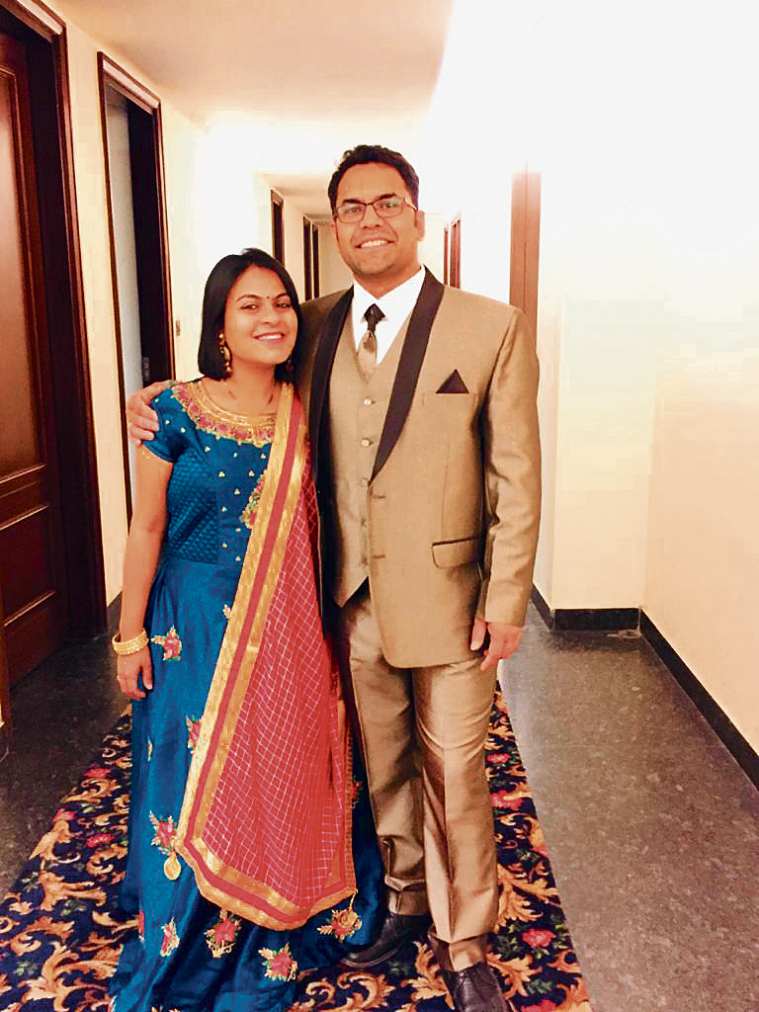 Saurabh Goswami and Sonali of the Ultra Rich Match.
Saurabh Goswami and Sonali of the Ultra Rich Match.
Goswami’s firm slots families based on their financial worth: the basic membership is for families worth Rs 1 cr-50 cr (Rs 29,500 as initial payment, Rs 1.18 lakh after the wedding); premium membership for those worth Rs 50 cr-100 cr (Rs 59,000 as initial fee plus Rs 1.77 lakh later), and royal membership for the Rs 100 cr-1,000 cr bracket (Rs 1.18 lakh fee followed by Rs 2.36 lakh). “First, our tele-callers receive inquiries from families, about 12-15 in a day, of which we select four-five based on a search on our software. Then, we meet the families in person, take a detailed note of their requirements — parents and children separately. We visit their homes and properties and take pictures. If I have to travel in India, I don’t charge extra, but for international trips, the client has to pay. We also talk to their neighbours, friends and colleagues and get written references. In the meantime, our in-house chartered accountant vets their financial documents and checks for any loans or bank defaults,” explains Goswami. The background checks sometimes throw up all kinds of results from drug use to the people already seeing someone else. “We don’t take up the clients then,” he says.
The next stage involves parents talking to each other over the phone and then meeting the prospective partners. “The boy and girl meet at least eight to 10 times before approval or rejection,” says Goswami, who found his wife Sonali through his own service. She now works with him. The “biodata”, a curriculum vitae of the prospective bride and groom, plays a crucial role. “It is given to us by the parents. Apart from age and education, it must have their date and time of birth to make a patri (horoscope). We have two pandits on our panel who match patris. Then, it must have details about parents, siblings, the family’s business as well as caste and religion,” says Samiksha Chopra, 48, who along with her partner Sonali Kapur launched The Perfect Match, an upscale matchmaking service in Delhi last year.
Eye| How the reality show ‘Indian Matchmaking’ hides the reality
In her short experience, says Chopra, she has found that looks matter most to her clients. “Especially height. We have also heard of people Photoshopping their pictures to lighten their complexion, look more attractive, and we have thorough checks to weed out such people,” says Chopra, adding that she is surprised by the number of young people approaching her. “I had a love marriage and I didn’t think the younger generation would want arranged matches. But enquiries have increased since the lockdown in March. Over a 100 people have approached us,” she says.
While Punjabis are most open in their choices (read willing to marry outside caste), she says, Marwaris and Baniyas prefer to marry within their community. That is where an exclusive matchmaking service like the Mumbai-based Subh Lagan, aimed at the Marwari community, comes in. “Culture is most important in our community. Wardrobe dekh kar shaadi nahi hoti (Marriages don’t happen by peeking into people’s cupboards), like it was shown in the Netflix show. It missed the essence of an arranged marriage. Rehen-sehen (social setting), khaan-paan (food habits), boli (the way they talk), education, we match these aspects,” says Sanjay Kirtania, 50, one of the owners of Subh Lagan that has offices in Mumbai, Kolkata and Jaipur. They boast of finding successful partners for family members of the Siyaram group, Gannon Dunkerley group, and the Mahyco group.
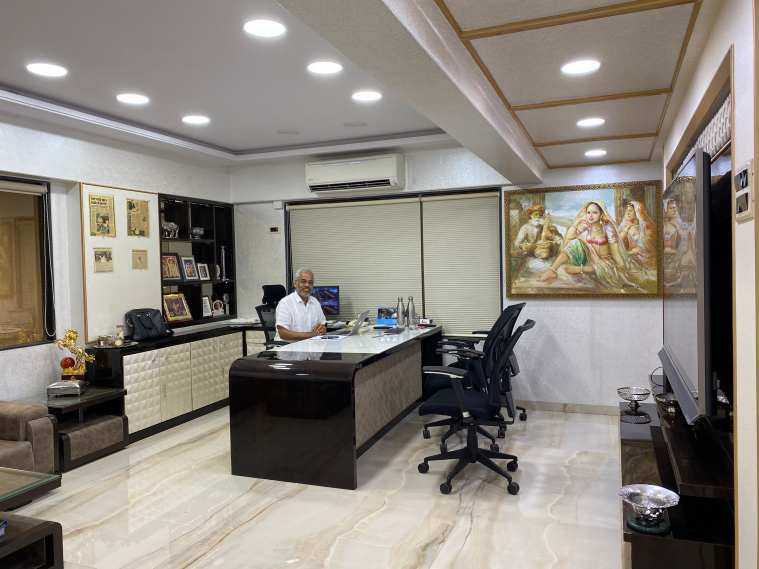 Sanjay Kirtania of Subh Lagan, an elite match-making service for the Marwari community. He has two offices in Mumbai.
Sanjay Kirtania of Subh Lagan, an elite match-making service for the Marwari community. He has two offices in Mumbai.
Kirtania admits that some people have all sorts of “tedhe-medhe (random)” demands. “If the boys stresses on looks, I remind them that they are not going to get film stars. Gujarati, Marwari, kitne khoobsurat honge? (How good-looking can a Marwari or Gujarati be)? I need to find out what they really want, what will suit their family, and what they deserve,” says Kirtania, whose family has been into match-making for over 50 years.
While Preeti, the mother of one of the boys on the Netflix show, has been criticised for being overbearing, both Goswami and Kirtania say the authority of parents cannot be denied. But the decision of the boy and girl is final, “even if parents and pandits don’t agree at times”, says Goswami. Most matchmakers admit that while the last decade has seen women become more assertive about their requirements, families of prospective grooms have still a long way to go. “Most of my clients want women from Ivy League institutions who can hold an intelligent conversation but want them to work in the family business.
Some say they want a woman who works for two to four hours and then looks after the house and family,” says Goswami. From the matchmaker’s office, many parents land up at the doorstep of Dr Acharya Vinod Kumar Ojha, astrologer to the country’s top celebrities and industrialists. “Not just parents, 90 per cent of the youth in the 20-25 age group insists on matching horoscopes today. While people ask me all kinds of questions, most families want to know ‘Hamari bahu hamare saath kaise rahegi (How will our daughter-in-law behave with us)?’ I tell them it’s the wrong question. The question to ask should be about the compatibility of the boy and the girl, the rest will fall into place,” he says.
But with time, say Mishi Mehta Sood and Tania Malhotra Sondhi, many of these items on the arranged-marriage checklist have been struck off. “We are approached by well-established professionals, people in their late 20s and early 30s, who are looking for intellectual compatibility. They have working mothers and want working wives and liberal husbands. They don’t care about caste. Our focus is on matching lifestyles, and, yes, for that matching wealth is important,” say the women who established the Delhi-based “boutique matrimonial service” Match Me in 2015.
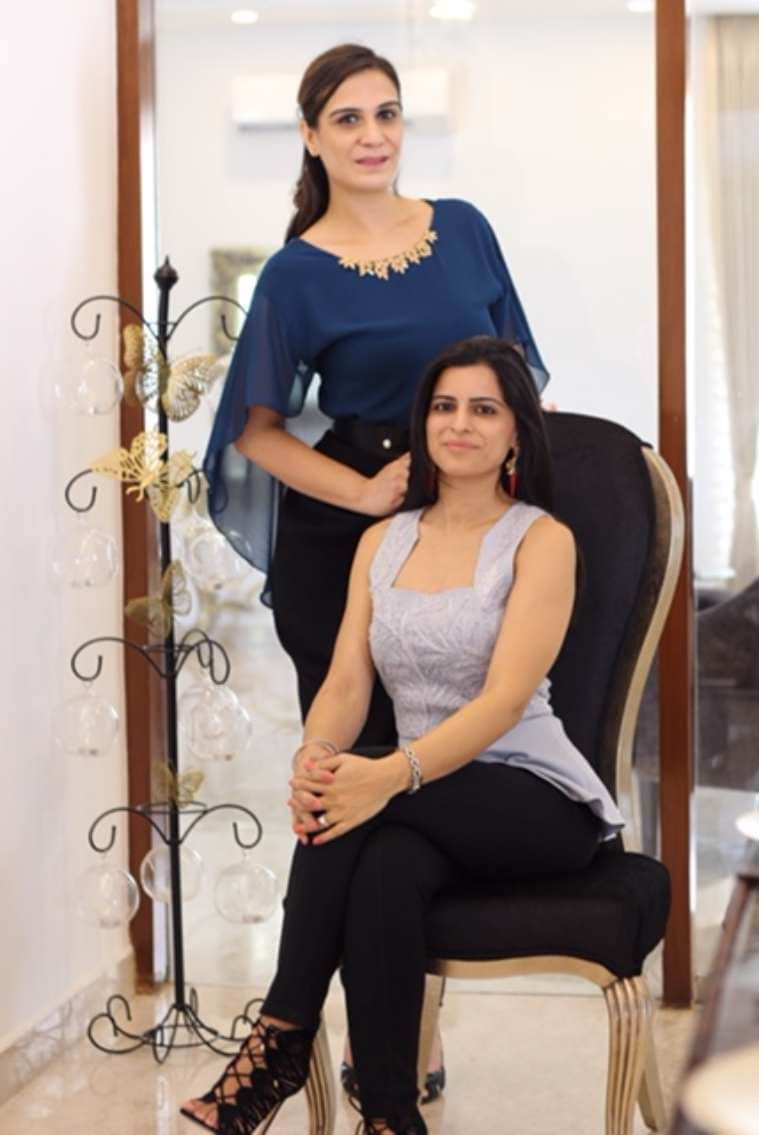 Tania and Mishi from Match Me, a progressive matchmaking firm which does not match caste for marriage.
Tania and Mishi from Match Me, a progressive matchmaking firm which does not match caste for marriage.
On the Netflix show, a divorced woman with a child is told that her options are “limited”. But Kirtania disagrees. “We have set up a separate division for divorced people with eight staff members. Each of them have at least 25 successful matches every year,” he says. However, there are hurdles. “While a divorced man can find a woman who has never been married before, the opposite is not true. Also, while a man with a child may find a wife, it is very difficult for a woman to do so. Even if the man agrees, there are objections from family members,” Goswami says.
The other no-go zone is inter-religion marriage. “We have done Muslim and Christian weddings but all within the community,” says Tania, adding, that age, however, is not a barrier anymore, at least in cities. But one thing the matchmakers point out is the wrong interpretation of the words “adjust” and “compromise”, used by Taparia on the show. “If you meet the right person, you make changes to live with her. We work on our marriage because we want to make it work,” says Mishi.
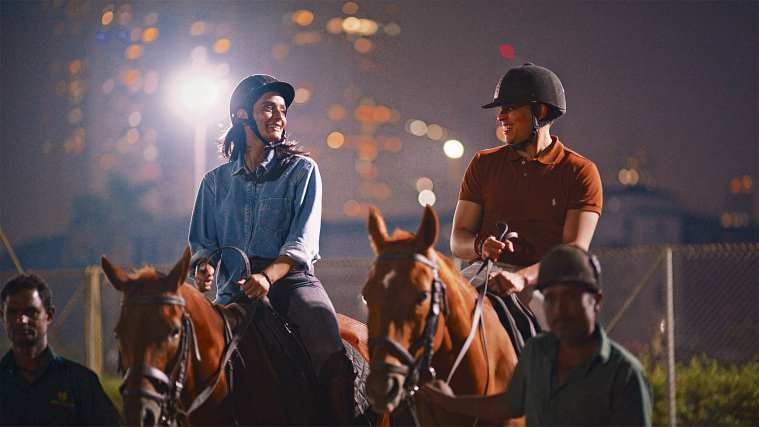 A still from Indian Matchmaking.
A still from Indian Matchmaking.
Despite the entire machinery being put into motion, rejection is inevitable. To blunt the blow, Goswami offers counselling services; Kirtania simply offers the family five “better” profiles. “Marriages and matchmakers may evolve but they will always be around. Arranged marriage is not a regressive concept. It is just another way of finding a partner,” says Chopra.
Apr 25: Latest News
- 01
- 02
- 03
- 04
- 05











